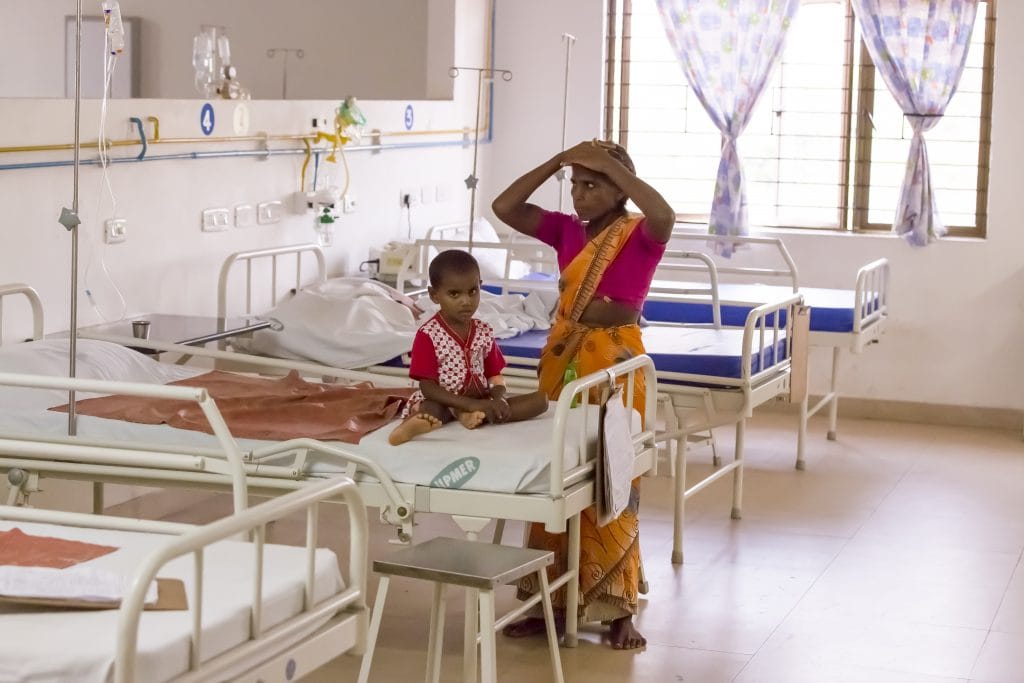Anaemia is a common problem in India. It is a risk in its own right and causes a number of deaths, yet it has further implications for heart function.
Iron-deficiency anaemia places an increased strain on the heart, placing a great deal of stress on the organ and resulting in reduced cardiac function. Heart disease is the most common cause of death in India. Anaemia, due to its high prevalence, may be playing a role in this.
Anaemia can cause cardiac stress through issues such as tachycardia and increased stroke volume. It can also cause reduced renal blood flow and fluid retention, adding further stress to the heart.

Prevalence of anaemia
The overall prevalence for anaemia in India is estimated to be 39.86 percent, with women in the 15-49 age demographic showing a particular vulnerability. A 2017 study revealed 51 percent of women in this bracket to be anaemic in India – more than any other country in the world. India was found to have the world’s largest burden of anaemia overall.
While many with the condition live normal lives — often unaware of the disease — the potential danger is revealed in the context of maternal mortality. Anaemia is responsible for between twenty and forty percent of maternal deaths in India. This fact alone presents the disease as a considerable public health concern.
Symptoms
The underlying cause of anaemia is a reduction in the number of healthy red blood cells. This can be caused by a number of issues all falling within the diagnosis of anaemia, the resultant symptoms are the same, dependent on severity.
Red blood cells transport oxygen throughout the body. Reduced capacity to perform this function results in one of the most common symptoms: fatigue. In mild cases, this can be so minor that it goes unnoticed. As the anaemia worsens, however, so too does the fatigue: this manifests in feelings of weakness and lightheadedness often accompanied by headaches, cold hands and feet or shortness of breath.
While many of these symptoms can be caused by other issues, anaemia is a common issue in India, and so a consultation with a doctor should be sought out if fatigue is a consistent issue.
Prevention and treatment
Prevention is a difficult concept with anaemia as the causes are diverse. If the issue is dietary then a diet rich in vitamins and minerals — in particular iron and vitamin B12 — can help to alleviate the issue. Other causes are more difficult to prevent. Infectious conditions prevalent in India such as malaria and other blood-borne diseases can cause anaemia, and so minimising the risk of contracting these conditions (such as with antimalarial-treated bednets) can help. Genetics can play a role in developing the condition in some individuals. In this case, avoidance may be all but impossible.
In the case of vitamin deficiencies, treatment can involve iron and vitamin supplements. Other causes of anaemia are far more difficult to treat. Sickle cell anaemia and conditions such as thalassemia may require blood transfusions. In many cases the treatment for the anaemia is to simply treat the underlying disease causing the condition, after which symptoms are likely to abate.

